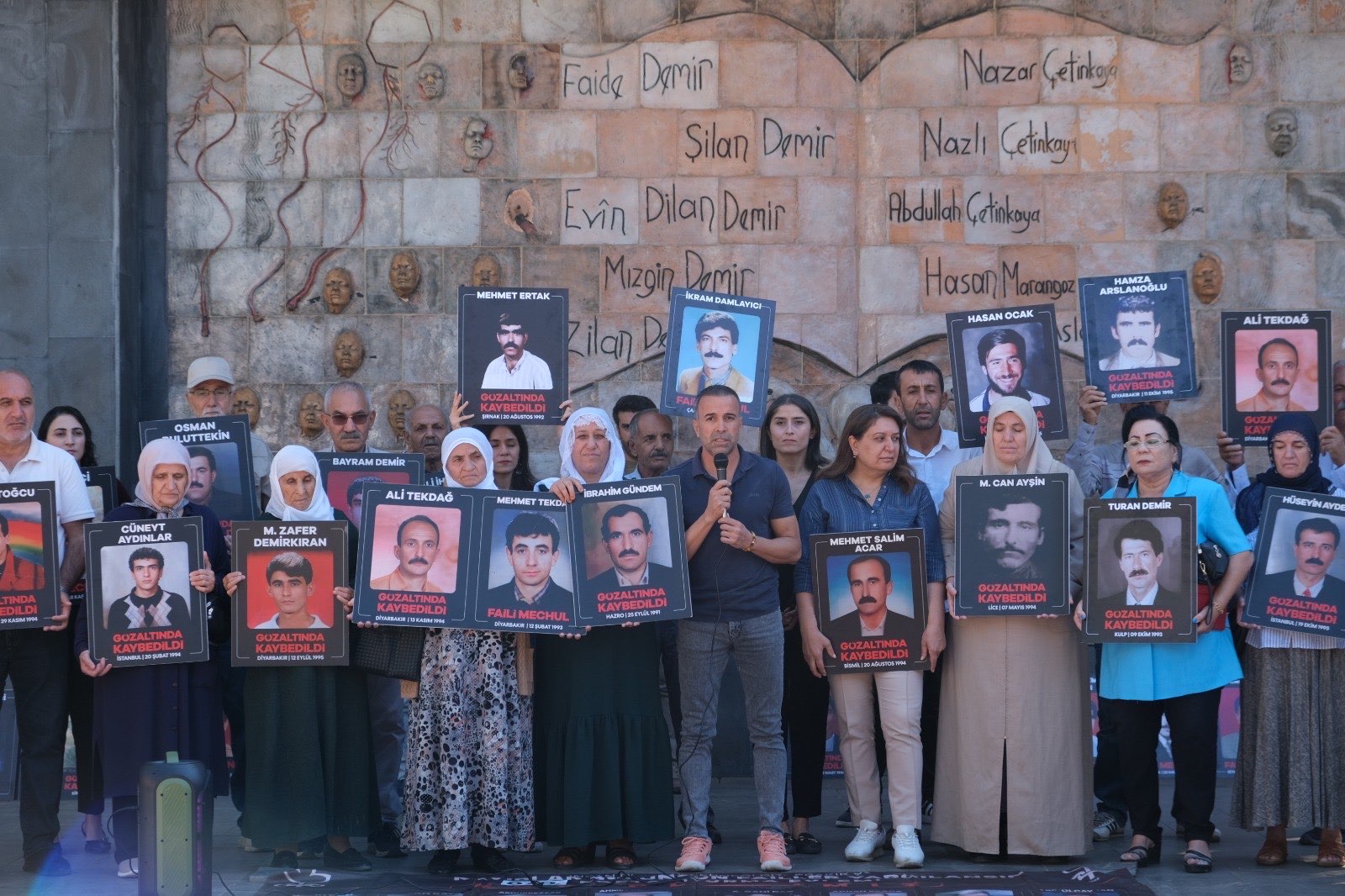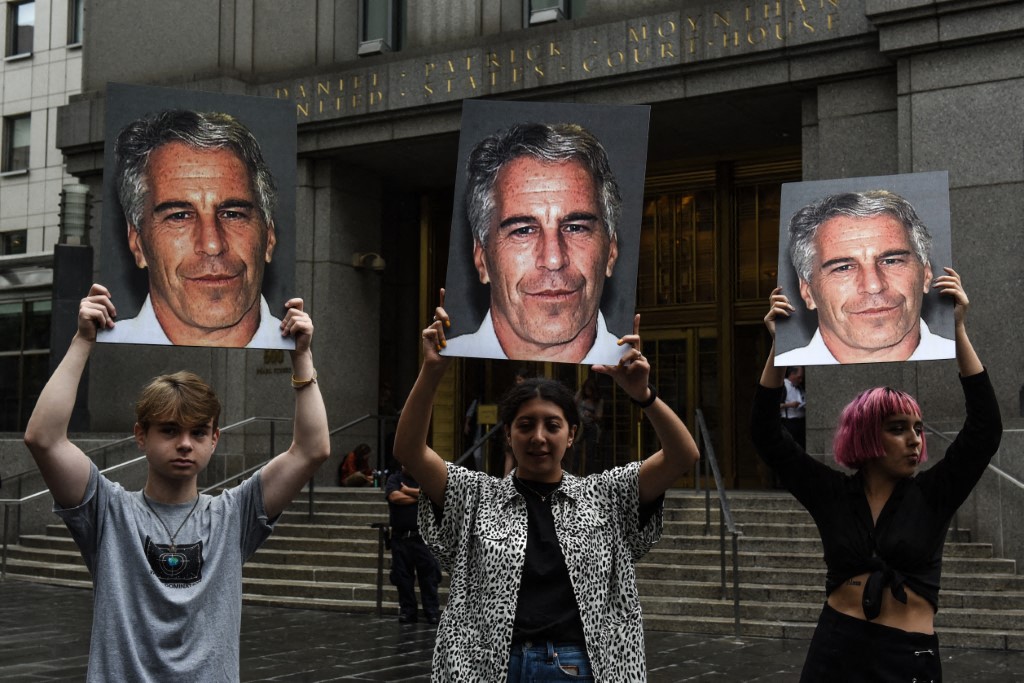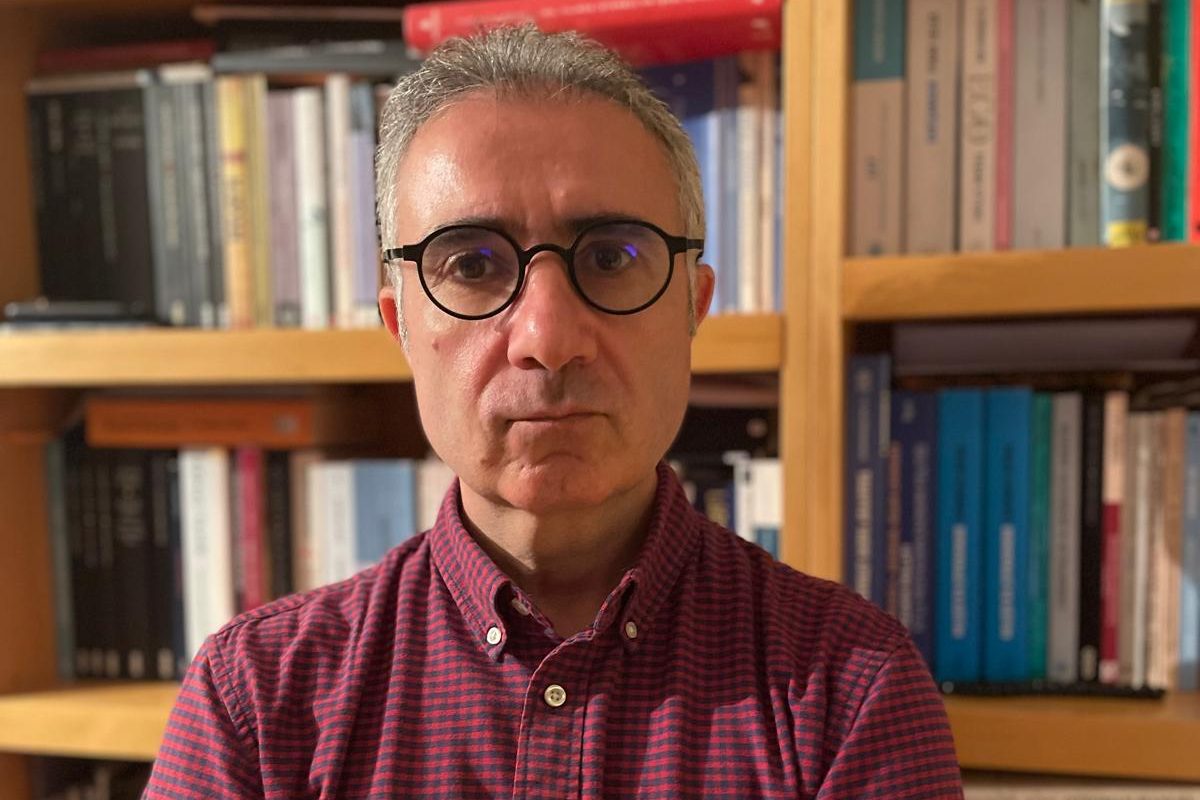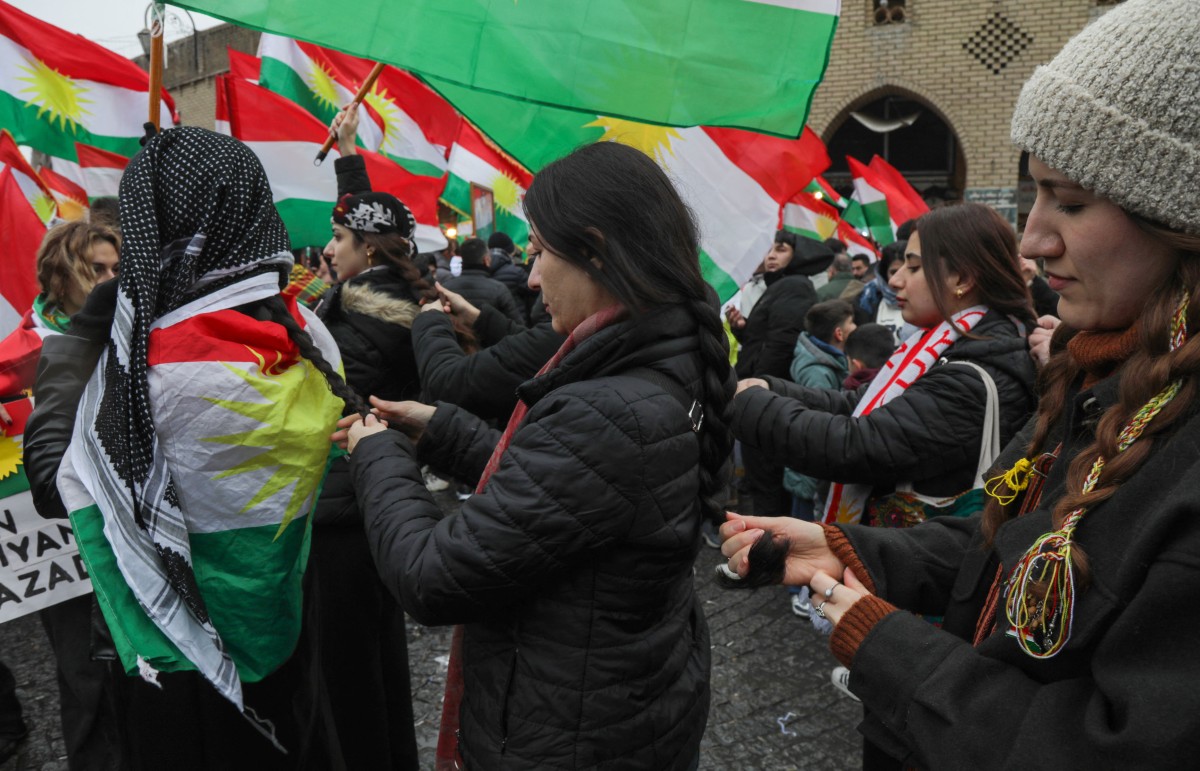Kurdish Families of the Disappeared Urge Turkey’s Peace Process to Deliver Justice for the Dead
As Turkey reopens a fragile peace process with its Kurdish population, families of the forcibly disappeared say there can be no reconciliation until the country confronts what lies beneath its soil: thousands of unacknowledged deaths and the silence surrounding them.
Organizations working on the ongoing violence against the dead and their families submitted their views, demands, and reports to the “National Solidarity, Brotherhood, and Democracy Commission” established in the Turkish parliament.
According to a report by the Truth Justice Memory Center, 1,353 individuals were forcibly disappeared in Turkey between September 1980 and 2013. The majority of these cases happened in the aftermath of the 1980 military coup and in the context of the war between the Turkish state and the Kurdistan Workers’ Party (PKK), with the state authorities indiscriminately targeting civilian populations in Kurdistan.
Request for the Establishment of a Truth Commission
“To achieve real peace, we have a clear and definite demand: the fate of our people subjected to enforced disappearances must be revealed and the perpetrators must receive the punishment they deserve.”
Enforced disappearances in the 1990s are among the most visible examples of systematic violence against the dead and their relatives in Turkey. For years, the Saturday Mothers/People and the relatives of the disappeared have been fighting to locate missing relatives who remain without proper graves. They were heard at the 5th session of the Parliamentary Commission on 20 August 2025, and presented their demands regarding enforced disappearances.
Fırat Akdeniz, from the Missing Persons Commission of the Human Rights Association’s (İHD) Amed Branch, explains one of the basic conditions for peace as follows: “To achieve real peace, we have a clear and definite demand: the fate of our people subjected to enforced disappearances must be revealed and the perpetrators must receive the punishment they deserve.” Akdeniz adds: “According to informants and eyewitnesses, the state knows the fate of all those subjected to enforced disappearance. It holds archives detailing how they were killed and where their bodies are held. It must confront this reality”. The organization’s primary demands are the disclosure of the fate of the forcibly disappeared, the return of their remains to their families, the punishment of the perpetrators, and the establishment of a Truth Commission to investigate these cases.
Right to Mourning
Attacks on cemeteries and mourning houses in Kurdistan reflect another dimension of violence against the dead and their relatives. These attacks were among the issues brought up in detail by the Association for Mutual Aid and Solidarity with Families Who Lost Relatives in the Cradle of Civilizations (MEBYA-DER) at the 14th meeting of the Parliamentary Commission on October 8.
Ramazan Dengiz, co-chair of the MEBYA-DER Amed Branch, explains why they founded this association to begin with:“In the 1990s and 2000s, the families who lost their children in the conflict faced severe insults when requesting the remains of their children from state institutions. Most institutions reacted with hostility. As an association, we try to support families in retrieving, transporting, and burying the bodies.”Dengiz states that the mistreatment of PKK members’ bodies has decreased compared to the 1990s, but that pressure continues. The mourning houses—places other than outside family homes where the bereaved accept condolences for three days—cannot be set up in some areas: “In the past, the mourning houses were never allowed, but now three-day mourning periods can be held and the names of those who have lost their lives are announced. But even if mourning houses are set up, police, water cannons, and cameras wait outside.” Dengiz adds that mourning houses are still not permitted in some places, such as Êlih (Batman), where people hold condolences in their own homes.
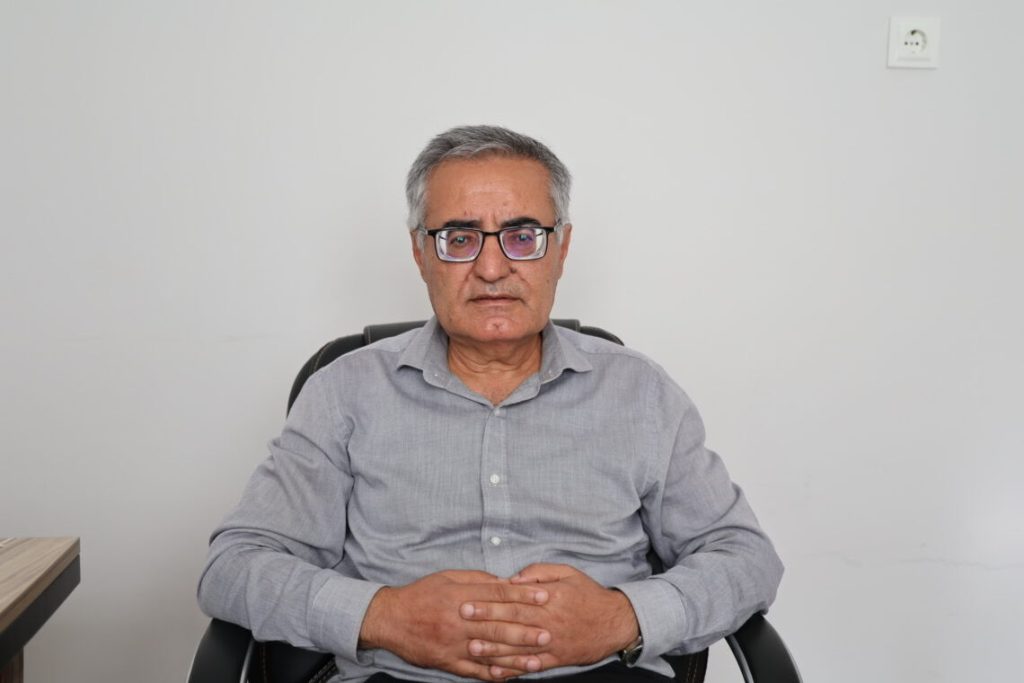
Another group that has proposed solutions to the Parliamentary Commission is the “Respect and Justice for the Dead Initiative”, established in 2021. The initiative lists its demands for families deprived of their right to mourning to The Amargi as follows: “The establishment of centers providing psychosocial support to families deprived of their right to mourning, the organization of joint commemoration ceremonies and reconciliation events with the participation of all segments of society, the implementation of educational and cultural projects to reduce the transmission of trauma from generation to generation, and the creation of a justice-based memory for younger generations.”
Demand for the Establishment of a DNA Bank for Mass Graves
“In Pasûr (Kulp) district cemetery, within a 20-square-meter fenced area, there are between 50 and 70 unidentified bodies. In other districts as well, there are numerous mass graves, each containing unidentified bodies. The total number of unidentified bodies in the region is 337.”
For most Kurdish families, the first requirement to mourn is to find their children’s graves. During the 1990s, most guerrilla bodies were not properly buried. Based on research in Amed, Dengiz states: “In Pasûr (Kulp) district cemetery, within a 20-square-meter fenced area, there are between 50 and 70 unidentified bodies. In other districts as well, there are numerous mass graves, each containing unidentified bodies. The total number of unidentified bodies in the region is 337.”
The Peace Mothers have waged the most significant struggle against the prohibition of public mourning. Sultan Bozkurt, a member of the Peace Mothers group, heard during the 5th session of the Parliamentary Commission, told The Amargi: “For 50 years, we have witnessed oppression and injustice against the Kurdish people. What is happening in Gaza has also happened in our villages. Our children have died, and we do not want other mothers to lose theirs, and we are fighting for this. A mother’s tears have no religion or language. Yet Kurdish mothers do not even have graves for their children, and the few that exist are attacked and destroyed. They cannot even tolerate our funerals.”
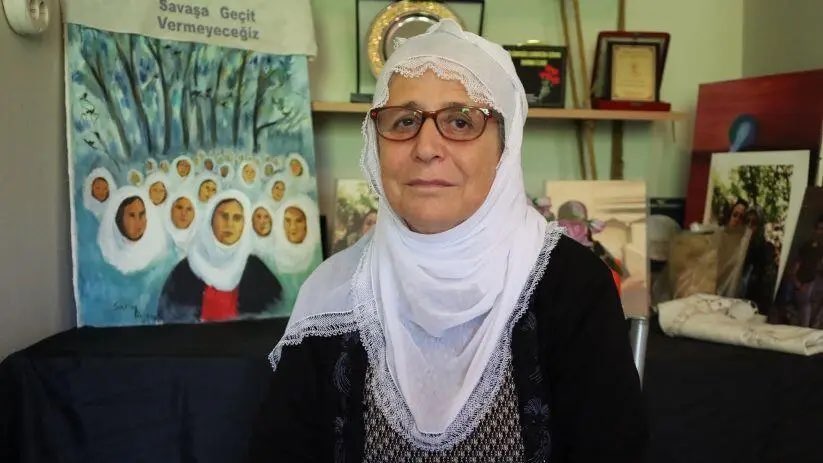
Most of the PKK members who died in the 1990s and could not be buried properly were re-buried in cemeteries built by PKK guerrillas and Kurdish communities. Derya Aydın, co-spokesperson for the Respect and Justice for the Dead Initiative, says that 13 cemeteries were built in this way: “During the 1990s in Kurdistan, hundreds of bodies were improperly buried, making collective mourning central to the demand for justice and peacebuilding. The Kurdish community perceived the cemeteries established in many parts of Kurdistan as a symbol, a concrete, tangible manifestation of peace. Before conflict resumed in 2015, these cemeteries were first criminalized in the media and later attacked and destroyed. Respect for the dead marked the start of peace, while its denial signaled its end.”
So, what should happen about the mass graves and improper burials during the current peace process? On this issue, Ramazan Dengiz says: “We proposed in the Parliamentary Commission to establish a DNA bank, and to exhume these mass graves and determine the bodies’ identities in accordance with international agreements and protocols.”
Legal Regulations for the Dead Are Necessary
The Respect and Justice for the Dead Initiative’s report to the parliamentary committee calls for legal reforms to ensure respect for the dead and the right to mourn. DeryaAydın highlights how legal gaps create concrete problems: “As we see in the Dargeçit Documentary, which addresses war crimes committed in the 1990s, mass graves, and the demand for justice, legal shortcomings prevent graves from being properly exhumed, and forensic experts cannot intervene. Political parties and relevant institutions must take concrete steps.” Aydın also underlines that although there are some existing legal regulations and international agreements, they mostly aim to protect the rights of the bereaved. She emphasizes the need for a convention focusing on the “rights of the dead” at this point.
Respect for the Dead as a Condition of Peace
The human rights organizations involved stress that respect and justice for the dead are essential for lasting peace and call for the implementation of the proposals they submitted to the Commission. Ramazan Dengiz emphasizes that many people in society are struggling with deep trust issues in this process, and that showing respect for the dead can foster hope for peace.
Derya Aydın believes that listening to the relevant institutions and families in the Parliamentary Commission and reducing the process to a mere “victimhood narrative” to be discussed solely in terms of “forgiveness” will not, in itself, provide justice for those who were killed. She states that ensuring the accurate recognition of political deaths is essential for peacebuilding. Peace Mother Sultan Bozkurt, who described the deaths and the brutality they witnessed or were subjected to as cruelty, views the process not as an occasion for “forgiveness” but as “opening a new page.”
Şilan Bingöl
Şilan Bingöl is an independent researcher who studied sociology at Galatasaray University and Ecole Normale Supérieure de Lyon. Her master's thesis is on media sociology.

